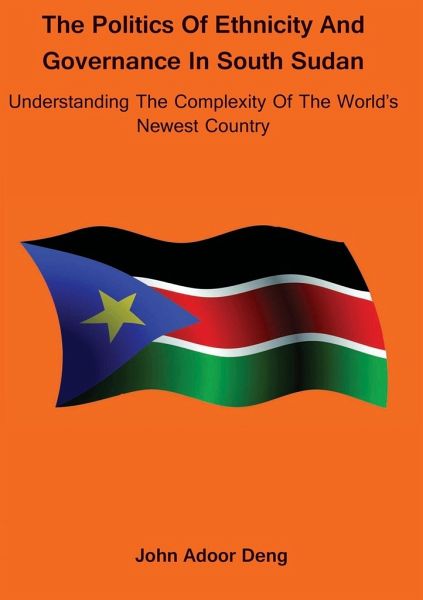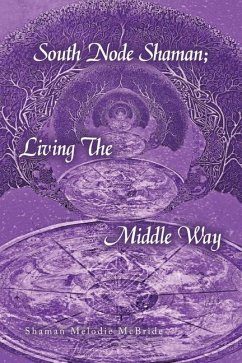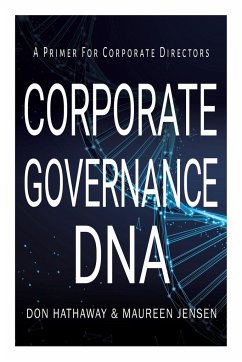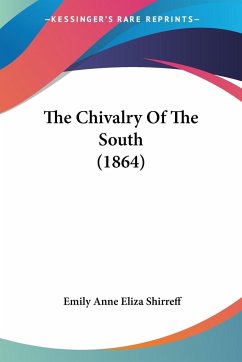
Politics of Ethnicity and Governance in South Sudan
Understanding the complexity of the World's newest Country
Versandkostenfrei!
Versandfertig in 1-2 Wochen
12,99 €
inkl. MwSt.

PAYBACK Punkte
6 °P sammeln!
Abstract This little book documents the brief history of contemporary South Sudanese politics within the context of the 22 years of the second war of liberation. A portion of it explores 17 years of the first Sudanese civil war that ended in 1972 through the Addis-Abba Agreement. The book has made the meaningful analysis of the governance after the birth of the World’s newest Republic (South Sudan). It is divided into seven major chapters. Each chapter addresses the unique context of the South Sudanese political, civil, religious and military life. Chapter one introduces the book in its etym...
Abstract This little book documents the brief history of contemporary South Sudanese politics within the context of the 22 years of the second war of liberation. A portion of it explores 17 years of the first Sudanese civil war that ended in 1972 through the Addis-Abba Agreement. The book has made the meaningful analysis of the governance after the birth of the World’s newest Republic (South Sudan). It is divided into seven major chapters. Each chapter addresses the unique context of the South Sudanese political, civil, religious and military life. Chapter one introduces the book in its etymological context to the reader and chapter two narrates on ethnic groupings in South Sudan. Chapter three explores the significant roles played by ethnic groups during the war of liberation in South Sudan and beyond. This chapter appreciates positive contributions made by various ethnic groups in supporting the war efforts. In chapter four, the author teased the negative politics rendered in ethnic context and explained how that negativity resulted in bloodshed of innocent civilians. In this chapter, some theories that have aided negative ethnic politics in the country have been discussed. Chapter five addresses religious significance and explores its negative role in fueling conflicts and feuds in South Sudan and elsewhere in the world. A significant part of this chapter is dedicated to the discussion of South Sudan as a failed state in chapter six; and as a country born in the 21st century, many analysts have argued that South Sudan xv












